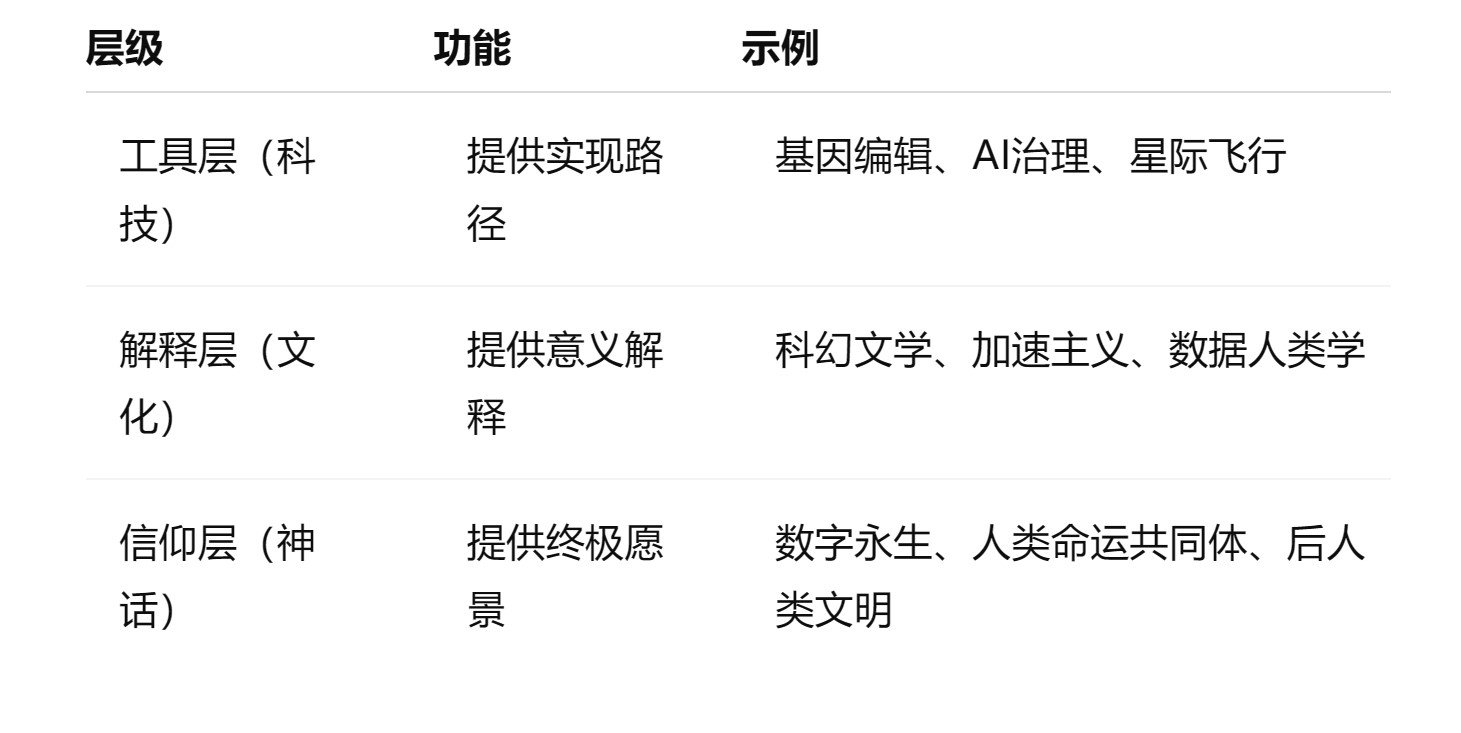
Benedict Anderson defined a nation as “an imagined political community” both limited and sovereign.[1] To Anderson, the nation is imagined because even in the smallest nation, most of the members will never meet each other, but have merely an image of each other. It is limited because even the largest nation doesn’t intend for the entire human race to join their nation. It is sovereign because the concept of nation replaces the historical dynastic order. It is a community because “the nation is always conceived as a deep, horizontal comradeship.”[2] It is this comradeship that makes it possible for people to protect, believe in and even give up their lives for this imagined community.
In a similar way, a DAO can be seen as an imagined community. DAOs involve thousands or tens of thousands of participants who will likely never meet face to face. Given the nature of web3 privacy, the members of a DAO may never know each other’s given names. DAOs are limited because there is no intention for all persons to join any particular DAO. Unlike a religion that might view a perfect world as one in which all humans join their belief system, there is no ChristianDAO to suggest that anyone who doesn’t join will languish in HellDAO (though one should still beware of MolochDAO). DAOs are sovereign because the concept of the DAO replaces the idea of a geographic state with cartographic boundaries and membership by birth or permission from a government
Instead, DAOs operate within the concept of a network state, delineated by ideological borders and operating based on membership by choice.
“A network state is a highly aligned online community with a capacity for collective action that crowdfunds territory around the world and eventually gains a diplomatic recognition from pre-existing states.”[3] A network state is a social network rather than a geopolitical one. It may or may not have a leader or “founding influencer” but is likely to have an integrated cryptocurrency, a definite purpose and a sense of national consciousness.
The land that it acquires is likely to be non-contiguous. In this sense, a network state is “an archipelago of digitally linked, interconnected enclaves. It’s also a country you can start from your computer, a territory one can acquire but not conquer, a community aligned around cryptographic consensus, a DAO that materializes in patches of earth, a city-state in the cloud, a body based on math rather than science, a group organized by geodesic over geographic distance, a polity that prizes exit above voice, a state that recruits like a startup, and a national build from the internet rather than disrupted by it.”[4]
Those who are born into a geographic state have little to no control over the dominant culture or structures of that state. However, as individuals may choose which DAO to join, there is increased agency regarding the culture and structures of those network states. While network states are, by their nature, technology-heavy, they are reminiscent of Ferdinand Tonnies’ 19th century concepts of Gemeinschaft und Gesellschaft.[5]

Gemeinschaft refers to a group of people who interact and have social ties driven by Wesenwille (natural will), which results from spontaneously arising, natural emotions and sentiments, and involves unself-conscious fulfillment of functions and duties within a social context. This is similar to a rural village, town or small collective. These were the communities of Tonnies’ childhood that he watched fall, to be replaced by modern, bureaucratic cities.
Gemeinschaft is bound together by ties of kinship, fellowship, custom, history, and communal ownership. Interactions are direct and personal, and individuals have a strong sense of community support and collectivity, characterized by feelings of togetherness. These communities are typified by rural, peasant, small-scale, homogenous societies where actors served the social group through an underlying, subconscious force. Membership in the group is thus self-fulfilling and production was generally for use, not gain. In Gemeinschaft, rules are implicit, and equilibrium is achieved through means of social control, such as morals, conformism, and exclusion.
Gesellschaft, by contrast, is a group that is formed not through Wesenwille (natural will), but through Kürwille (rational will), an artificial, deliberative and pre-meditative calculation. Rational will implies a detachment from the traditional social context with unlimited choice and absolute self-sovereignty. Individuals interact through rational self-interest and are motivated by instrumental goals. Personal considerations are purposive and future oriented.
Relationships in Gesellschaft are more impersonal and indirect, possibly carried out through written communications with a chain of command, and are conducted towards the ends of efficiency, typically for economic or political considerations. Social ties may be superficial, with self-interest and exploitation increasingly the norm. According to Weber, this form of social order is the result of “rational agreement by mutual consent” where members participate and abide by rules and norms because rationality tells them that they benefit by doing so. In Gesellschaft, traditional bonds of family, kinship and religion are displaced by scientific rationality and self-interest. Rules are explicit and written, and equilibrium is established through police, laws, tribunals, and prisons.

DAOs have created an avenue for historical ouroboros. It is the very nature of advanced web3 technology that allows for a return to 19th century values and communitas. This is, in part, what makes the DAO an historical event, that it rearticulates structures to bring the past in line with the future.
[1] Anderson, B. R. O. (2006). Imagined Communities: Reflections on the Origin and Spread of Nationalism (Revised edition). Verso. 6
[2] Ibid. 7
[3] Srinivasan, B. (2022) The Network State: How to Start a New Country.
[4] Srinivasan, B. (2021, November 11). The Network State. The Network State. https://thenetworkstate.com/the-network-state
[5] Tönnies, F. (2002 [1887]). Community and society (Gemeinschaft und Gesellschaft) (C. P. Loomis, Trans.). Dover Publications.






评论 (0)